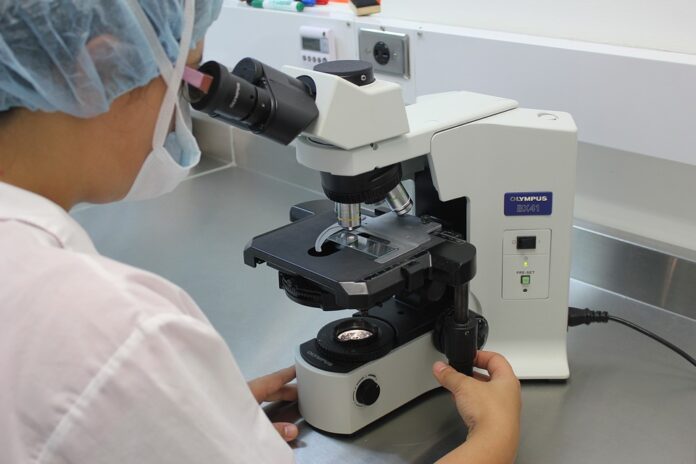In the Philippines, medical technologists are highly respected professionals who play an important role in the healthcare industry. They are responsible for performing laboratory tests and analyzing samples to help diagnose and treat various medical conditions. If you are interested in pursuing a career as a medical technologist, there are certain qualifications and skills that you will need to possess. In this blog post, we will explore what it takes to become a medical technologist from a Pinoy perspective.
Qualifications
To become a medical technologist in the Philippines, you will need to have a bachelor’s degree in Medical Technology or Medical Laboratory Science from an accredited college or university. This four-year program covers various subjects, including microbiology, clinical chemistry, hematology, and immunology. In addition to the coursework, you will also need to complete a one-year internship in a hospital or clinical laboratory setting.
After completing your degree and internship, you will need to pass the Medical Technologist Licensure Examination, which is administered by the Professional Regulation Commission (PRC). This exam tests your knowledge and skills in various areas of medical technology, including clinical chemistry, hematology, microbiology, and immunology.
Skills
In addition to the academic qualifications, there are certain skills that you will need to possess to become a successful medical technologist. These include:
- Attention to detail: As a medical technologist, you will be responsible for performing laboratory tests and analyzing samples. This requires a high level of attention to detail to ensure accurate results.
- Critical thinking: You will need to be able to analyze and interpret laboratory results, and make decisions based on your findings.
- Communication skills: You will need to be able to communicate effectively with other healthcare professionals, such as doctors and nurses, to ensure that they understand the results of your tests.
- Time management: You will often be working with multiple samples and tests at the same time, so you will need to be able to manage your time effectively to ensure that everything is completed on time.
- Continuous learning: The healthcare industry is constantly evolving, so you will need to be committed to continuous learning to stay up-to-date with the latest advancements in medical technology.
Career opportunities
Once you have obtained your license as a medical technologist, you can pursue a career in various healthcare settings, including hospitals, clinics, and research laboratories. Some medical technologists also choose to pursue advanced degrees or certifications in specialized areas of medical technology, such as molecular biology or genetics.
In conclusion, becoming a medical technologist in the Philippines requires a combination of academic qualifications and skills. It is a rewarding career that offers opportunities for professional growth and development. If you are interested in pursuing a career in medical technology, start by researching accredited programs and institutions, and make sure to stay committed to continuous learning throughout your career.



